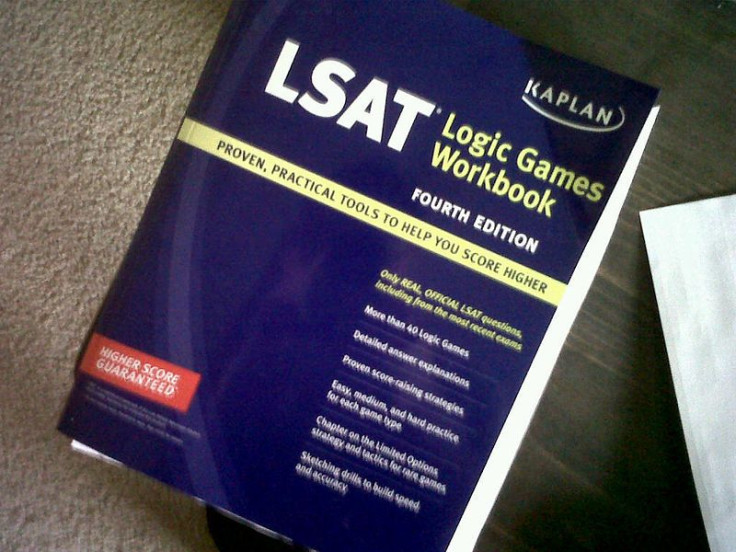Another LSAT Disability Lawsuit: Joan Hoyt Sues For Failure To Accommodate Learning Impairment

Joan Hoyt, a 61-year-old recent University of Missouri graduate, filed suit against the Law School Admissions Council alleging that the non-profit failed to accommodate her generalized anxiety disorder and learning and attention disabilities on two separate occasions earlier this year. Now, as she is set to take the test again on October 5, Hoyt wants 54 extra minutes to complete the exam in addition to a white noise machine, a computer, and snacks.
The Law School Admissions Test, or LSAT, is a standardized exam required for admission into law school. The test has been deemed a standard measure of the reading, verbal, and reasoning skills essential to one’s success in law school and later on as a legal professional.
“All she wants is to take the test. She wants to take it on a level playing field,” said Jo Anne Simon, a Brooklyn attorney who specializes in disability cases.
But it seems that Hoyt, who lives in St. Louis, Mo., also wants the council to consider not reporting the fact that she took the LSAT under special accommodations to law schools. According to St. Louis Post-Dispatch, Simon believes that Hoyt is likely requesting this change because reporting that students took the test under modified circumstances may impact their chances of admission.
“It inherently says these scores are less valid,” said Simon.
Hoyt was formally diagnosed with learning and attention disabilities in 2012. She has also been treated for generalized anxiety disorder (GAD) for over 10 years. The lawsuit alleges that Hoyt’s impairments limit her ability to write, read, concentrate, and think. As an undergraduate, Hoyt was granted double time on exams and assignments due to her disabilities.
Tests conducted by Dr. Jim Russell, who has worked for more than 20 years with people with disabilities, found that Hoyt needs double the allotted time to “comprehend what she is reading and to demonstrate what she knows.”
This is not the first time the Law School Admissions Council has come under fire for its treatment of test takers with disabilities. In October 2012, the U.S. Dept. of Justice intervened in a lawsuit that was meant to be a statewide class action limited to California test takers, expanding the suit to address a pattern of discrimination nationwide.
“LSAC’s discriminatory policies in the administration of the LSAT adversely impact people with disabilities nationwide. This is a systemic problem with serious consequences that echo throughout such individuals’ academic and employment careers, and it needs to be addressed as such,” said Thomas E. Perez, assistant attorney general for the Civil Rights Division. “The Justice Department’s full participation in this case is an important step towards ending a long cycle of disability discrimination in standardized testing.”
It is unclear whether the Council’s apparent pattern of discrimination against people with disabilities will have any bearing on the outcome of Hoyt’s case.



























